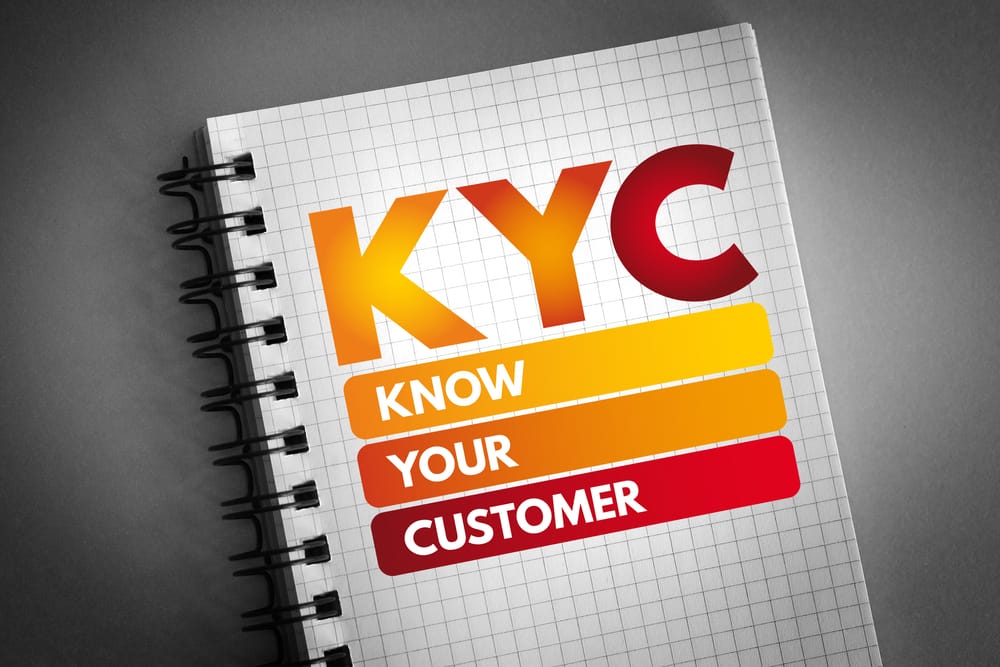Streamlining Compliance: Leveraging Enhanced Due Diligence and iComplyKYC to Safeguard Your Business
Financial institutions are facing statistics that paint a bleak picture with regard to the current challenges posed by evolving fraud and related criminal practices. With digital security at the forefront of concern in 2023, knowing who you’re doing business with is essential to safeguarding your company and staying on the right side of the law. By 2025 alone, cybercrime is anticipated to cost the global economy in excess of $10.5 trillion dollars (source); as international regulators ramp up efforts to stop digital criminals in their tracks, those falling short of compliance efforts are likely to face aggressively increasing fines and legal repercussions.
When implemented properly, Enhanced Due Diligence (EDD) is a valuable line of defense against fraudsters and those wishing to use your company for illicit means like money laundering (AML), funding various trafficking markets, and more. Knowing how to implement best practices and integrate proven software into your foundation of protection is crucial for compliance and efficiency. Below, we’ll take a closer look at some of the core details involved in EDD, as well as the benefits of partnering with a software provider like iComply. Read on to learn more.
Basics in Review: What is EDD?
Enhanced Due Diligence, better known within the industry as EDD, is a more advanced form of standard customer due diligence, which aims to verify the identity of unknown individuals or entities. Where CDD may stop once basic integral information is acquired, EDD is required for customers that have the potential to be “high risk” for a wide variety of reasons. From politically exposed persons (PEPs) to customers looking to move larger sums of money regularly, those with questionable associations or previous business dealings and more, EDD requires such individuals/entities to disclose additional information in order to more finitely review risk factors and create an accurate assessment profile for future dealings.
With users and entities taking more of their business online than ever before, one of the biggest challenges facing regulatory boards and financial institutions, both of whom must be able to monitor interactions and transactions for internal and overall market security, is streamlining EDD protocols and practices. Our increasingly digital world has long since moved past the viability of pure manual review, and being able to implement trusted software like iComplyKYC is crucial for staying on top of compliance measures and ensuring you have the tools you need to onboard, evaluate and properly approach risk with ease.
When is EDD Required?
As mentioned above, EDD is required whenever a customer presents a higher risk quotient or is unable to satisfy the base, low-level risk factors with a standard data investigation. Typically speaking, the Federal Financial Institutions Councildictates that the following categories should be considered when deciding if EDD is necessary:
- Customers and entities
- Geographic location
- Products and services
While not every customer or entity will trigger the need for further investigation, those from countries that rank highest on global crime indexes or who deal with products or services that are much more likely to have ties to nefarious activities or industries must be evaluated closely. Core factors that may trigger an EDD assessment include:
- PEPs
- Foreign customers opening accounts without maintaining residency in the company’s country of operation.
- Companies or individuals residing in or conducting business in countries that are known financiers or supporters of terrorist activity, as per the State Sponsor of Terrorism list, and more.
EDD investigations will uncover valuable details like sources of funds or wealth (SOFs/SOWs), any existing sanctions or watchlist information, who the ultimate beneficial owners (UBOs) are, integral details regarding a company’s legal structuring, etc.
Conducting EDD with Ease
Given the sensitive and highly privileged information handled during the EDD process, it should come as no surprise that conducting such measures can be difficult to streamline without the right tools in place. The key to safety and client retention when it comes to KYC compliance and regulation is a proven suite of tools that allow you to operate with minimal hassle and peak efficiency.
iComplyKYC is designed to seamlessly integrate security measures and identity verification practices into your daily operations, with a quick setup that leaves you compliant with core mandates in over 250 jurisdictions. Our comprehensive suite of KYC products empowers you to handle client and partner onboarding confidently and to create trust in every transaction your institution handles. We understand the significance of having the latest information to stay ahead of fraud and potential issues, and our modular software makes it easy to obtain real-time data and updates on potential sanctions, police reports, and events of interest related to current or prospective clients in as little as 20 minutes. This gives you the power to make an informed decision and to protect your business when it matters most.
Schedule a demo with our team today to learn more about iComplyKYC and how our platform can be tailored to suit your specific needs and requirements.
learn more
Is your AML compliance too expensive, time-consuming, or ineffective?
iComply enables financial services providers to reduce costs, risk, and complexity and improve staff capacity, effectiveness, and customer experience.
Request a demo today.
The Lifecycle of Dirty Money: How AML Checks Turn the Tide
The Journey of Laundered Money: A Deep Dive into AML Compliance
Follow the path of “dirty money” through its three stages – placement, layering, and integration – and discover how robust AML processes can break the chain at each step.
Four AML Myths Commonly Found in US Companies
Debunk common myths about global sanctions, PEP, and AML screening in this guide for US businesses. Learn why even domestic companies need global compliance, and discover how iComply’s tools streamline screening, uncover hidden risks, and ensure regulatory readiness.
The Top Cybersecurity Threats of 2025 and How to Protect Yourself
Uncover the biggest cybersecurity threats of 2025, from advanced phishing to ransomware and deepfakes. Learn how iComply’s innovative live face match technology revolutionizes security with real-time, on-device biometric authentication, protecting user privacy, ensuring consent, and eliminating vulnerabilities in the digital age.








